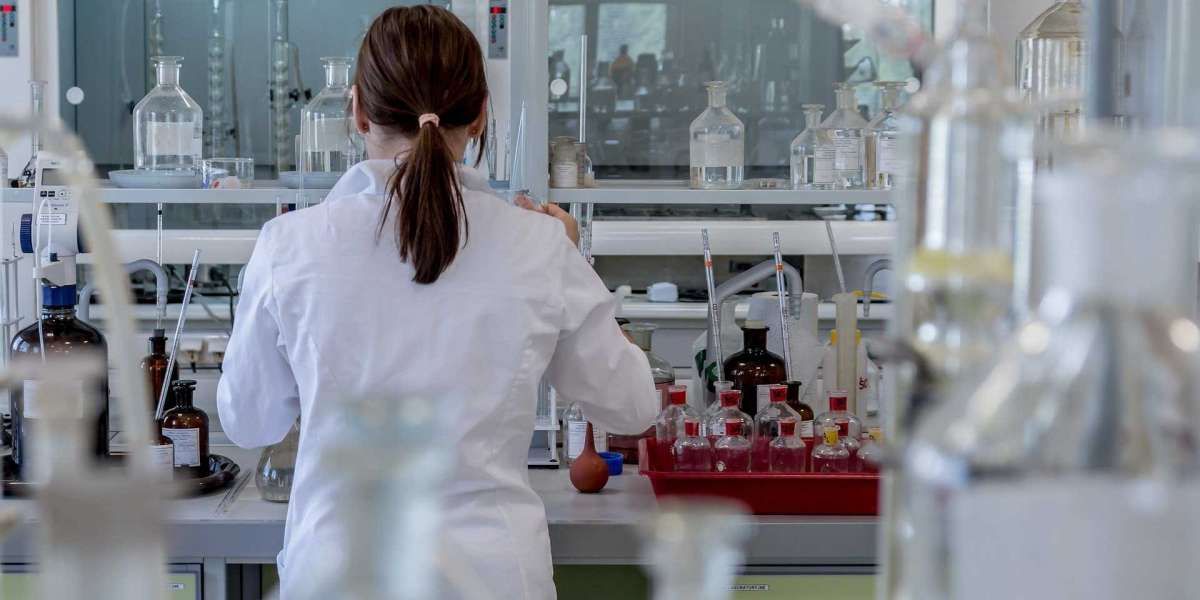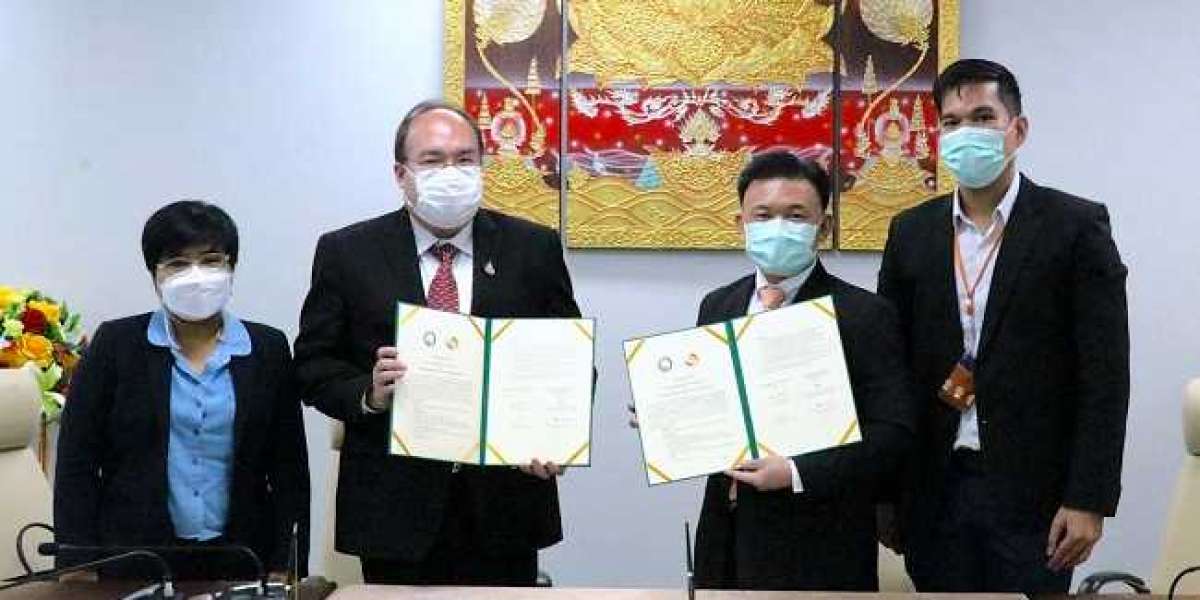Medical research is more advanced than it has ever been. From treating asthma to cancer to heart disease, steady advancements are being made on some of the most pressing issues in healthcare today.
Nonetheless, the question remains: How can researchers translate laboratory breakthroughs into newer, faster and more viable treatments to improve patient care?
Enter Duke-NUS Medical School. As the brainchild of two world-class institutions – Duke University and the National University of Singapore – Duke-NUS has been training and nurturing a new generation of clinicians capable of bridging the gap from bench to bedside for the past 17 years.
Research lies at the heart of each of the school’s world-class educational offerings – from the Doctor of Medicine (MD) programme to the three Doctor of Philosophy (PhD) tracks that address key areas of need in Singapore’s ongoing economic transformation. And for those who are interested in both, the school also offers a dual-track MD-PhD programme that will further prepare students to take their research findings from bench-to-bedside and back.
All in all, the programmes at Duke-NUS cover everything from bench work and clinical research to translational medicine, with the intent of creating compassionate, informed clinician-scientists or, in other words, clinicians who are also thoroughly versed in conducting research.
“Our research-centric modules offer medical students, and other professionals in the sector, a deep dive into understanding and evaluating research studies, as well as the opportunity for them to gain more knowledge and insight on specific diseases,” says Associate Professor Silke Vogel, senior associate dean of graduate studies at Duke-NUS.
To read more: The Straits Times









